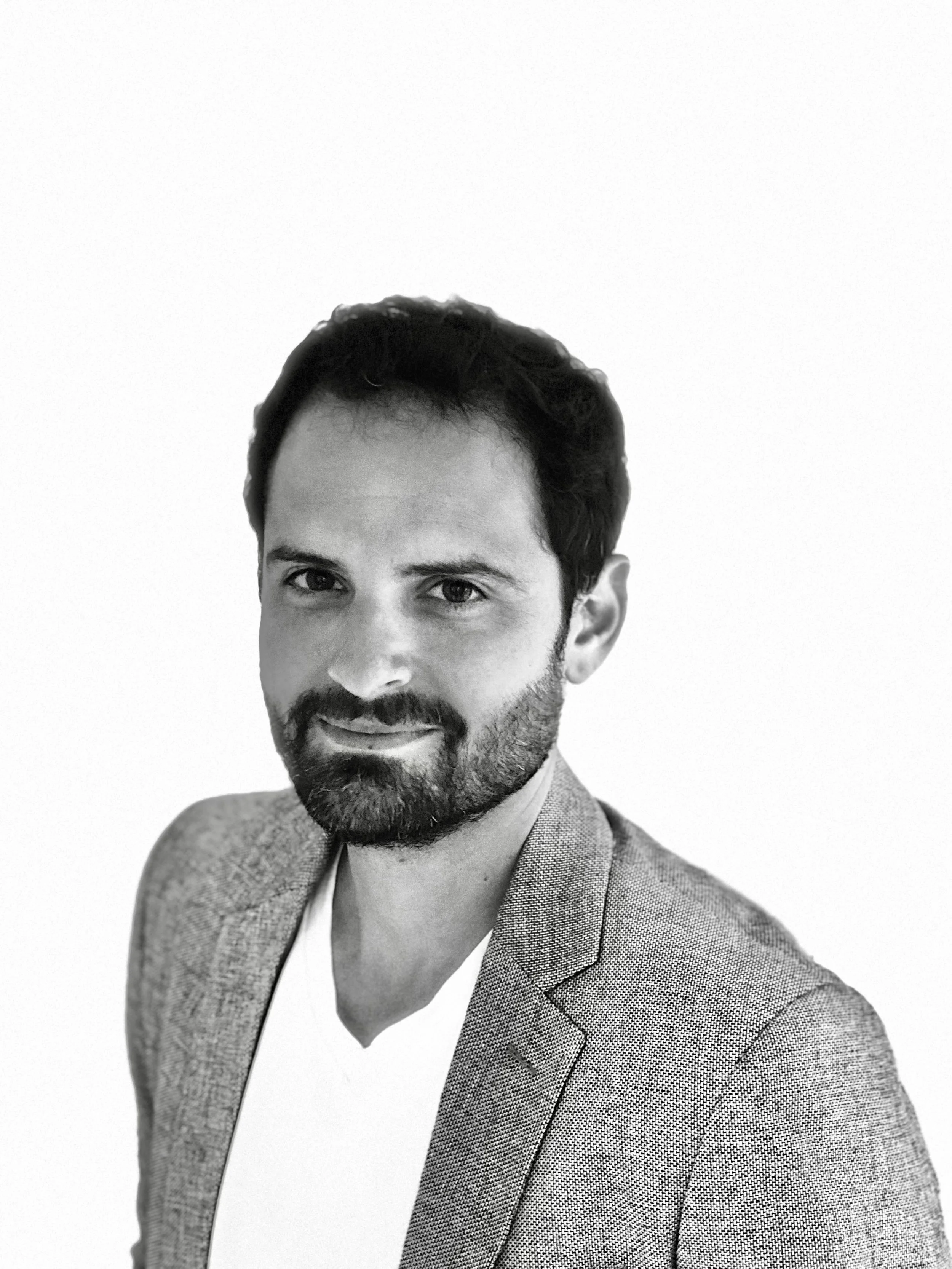The Chivalry and Endearment Article Series. Part 1: Merit and Honor
In this series of essays, I aim to explore the relationship between Carl Jung’s archetypes of Hera and Zeus—the divine couple of ancient Greece—and their contemporary symbolic counterparts within what I term “biological sex instincts.” I believe these concepts are becoming more defined through the research of evolutionary psychologists in this field.
The theoretical framework that has informed my understanding over the past twenty years is an unexpected synthesis of Jungian Psychology and Evolutionary Psychology.
Why this fusion?
Each of these two psychological schools addresses a common theme in humanity: the presence of specialized instincts that are unique to males and females within their respective large cohorts. Evolutionary Psychology investigates the environmental stressors encountered throughout our evolutionary history, which have led to the development of specific survival and reproductive strategies that cause men and women to exhibit differentiated, yet complementary, behaviors (or instincts).
“Jungian Psychology draws upon the rich universes of global mythology and symbolism. The enduring nature of these tales, which have survived for centuries or even millennia, signifies universal, repeatable, and presumably practical male and female behaviors—what Jung referred to as the ‘collective unconscious’.”
In contrast, Jungian Psychology draws upon the rich universes of global mythology and symbolism. The enduring nature of these tales, which have survived for centuries or even millennia, signifies universal, repeatable, and presumably practical male and female behaviors—what Jung referred to as the “collective unconscious.” These behaviors, too, are distinct, complementary, and reliable, aiding individuals in navigating their paths to reproductive and survival success.
In essence, both Evolutionary Psychology—with its focus on “male and female reproductive strategies”—and Jungian Psychology—with its discussion of “masculine archetypes” and “feminine archetypes”—are converging on the same unconscious human faculties, reflecting two complementary sets of “gender instincts.”
I refer to these as “masculine instincts” and “feminine instincts,” borrowing from the extensive canon of Greek Mythology for memorable nomenclature, as my familiarity with Greek culture allows for rich and impactful imagery. Ancient Chinese or Hindu mythology could similarly provide a wealth of evocative names.
Initially, I did not plan to link concepts such as “Chivalry,” “Endearment,” “Merit,” “Honor,” “Grace,” and “Unforgiveness,” but I soon discovered that these themes are intricately interconnected. This realization stemmed from a personal observation: I could not recall the last time a woman ran her hands through my hair—perhaps when I was twenty, or even at birth, an event that none of us can truly remember.
In moments of passive contemplation, I recognized this absence from my life, which felt akin to a form of poverty.
Listening to other men articulate similar feelings about lacking such tender, loving physical touch, I grappled with the absence of a fitting term to encapsulate this experience. Eventually, I settled on the word “Endearment” to describe the deficit that many men face in today’s world.
I resonate deeply with the insights of writer and psychologist Rob Henderson, author of Troubled, who experienced poverty in his childhood and now observes cultural behaviors from an uncommon perspective. He notes that financial poverty pales compared to the harm caused by a lack of love from two parents for each other and their child.
In this spirit, let’s examine “Chivalry,” “Endearment,” and their relationship to “Merit” and “Honor” in a series of five articles.
“Merit” and “Honor”
The lack of what I refer to as the "Zeus Instinct" in contemporary men is closely related to the absence of the "Hera Instinct" in women.
DEFINITION OF MERIT:
The quality of being particularly good or worthy, especially to deserve praise or reward.
"composers of outstanding merit"
DEFINITION OF HONOR:
hold in great respect; hold in high esteem
fulfill (an obligation) or keep (an agreement)."make sure the franchisees honor the terms of the contract."
The term "Honor" encapsulates two key meanings.
“Merit” can be viewed as the groundwork for showcasing “Honor,” signifying that an individual has dedicated themselves to developing the skills and knowledge necessary to aid others over an extended timeframe, which enhances the value and utility of their contributions.
“Honor,” on the other hand, acts as a complement to “Merit.” It represents the act of realizing this potential, where a person offers, safeguards, serves, assists, and enriches a society or individual. This ensures that the value created remains acknowledged, respected, and preserved due to the good deeds performed previously.
It’s important to note that within this definition, there exists a fulfillment of an obligation or agreement between the provider and the recipient.
“I witnessed many individuals with substantial records of contributions to society suddenly experience a decline in their perceived worth, often undergoing rapid falls into what has come to be known as ‘cancellation.’"
One could argue that “Merit” signifies potential societal value, while “Honor” reflects the actualized, albeit continuous, value derived from meaningful actions now made tangible.
Over the past decade and a half, I have observed cultural shifts that I find perplexing, struggling to pinpoint any practical or prosocial reasoning behind them. As humans (or as members of any species on Earth), our traits generally adhere to bell curves, a foundational element of our nature.
Yet, it appears that certain societal changes are now challenging this inherent mathematical truth by attempting (and failing) to "flatten" human bell curves across large demographic groups (for instance, men and women).
Image: Portrait of King Charles X of France in his coronation robes, c1824. Artist: Francois Pascal Simon Gerard
From a young age, I was taught the belief that individuals from backgrounds akin to Rob Henderson's—frequently labeled "underprivileged"—can achieve a better life through merit and integrity. I learned that attaining a higher standard of living necessitates the development of exceptional skills and education, which, when honed through practice, can result in excellence in serving society—a notion I associate with "merit."
Moreover, enduring contribution is crucial for a fulfilling life that extends beyond temporary success. This entails consistently applying exceptional skills over time to deliver lasting value to society—an ethos I connect with "honor."
During this time, I witnessed many individuals with substantial records of contributions to society suddenly experience a decline in their perceived worth, often undergoing rapid falls into what has come to be known as "cancellation."
Prominent figures, including journalists such as Dan Rather, Brian Williams, and Chris Cuomo, politicians across party lines, numerous athletes, and multiple political figures and numerous actors have also fallen victim to this trend.
While the ethical discussions surrounding their actions have already taken place, an unusual phenomenon has surfaced: the extensive period of honorable service these individuals provided prior to any missteps seems to fade into insignificance alongside their damaged reputations.
Why does this happen?
Even after their decline, individuals who have had a lasting positive impact on society retain substantial ongoing value that often gets overlooked in the societal benefit assessment.
These individuals have, at times, advanced the careers of others and shared valuable experiences with practical lessons derived from their accumulated competence, experience, and, indeed, wisdom. Some have actively supported emerging talents by leveraging their established reputations, benefiting their industries and broader public audiences.
Notice how the metal used in these medals endures long after the individual who earned them has passed.
The societal value is compromised when the honor associated with specific past contributions is negated due to moral failings, resulting in the erasure of their entire service history. This exemplifies the proverbial act of “throwing the baby out with the bathwater.”
This serves as a poignant observation. Perhaps one day society will discover a way to address moral shortcomings without sacrificing the ongoing value of previous contributions—similar to how the beautiful music of troubled, now-deceased musicians continues to resonate.
I firmly believe that the Positive Psychology trait known as “Honor” is essential in developing a framework for extracting value for society from the lives of imperfect and flawed individuals.
Part 2 of this series of five articles follows soon…
Scroll down to join the discussion
Disclaimer: This article is for information purposes only and is not a substitute for therapy, legal advice, or other professional opinion. Never disregard such advice because of this article or anything else you have read from the Centre for Male Psychology. The views expressed here do not necessarily reflect those of, or are endorsed by, The Centre for Male Psychology, and we cannot be held responsible for these views. Read our full disclaimer here.
Like our articles?
Click here to subscribe to our FREE newsletter and be first
to hear about news, events, and publications.
Have you got something to say?
Check out our submissions page to find out how to write for us.
.






















































